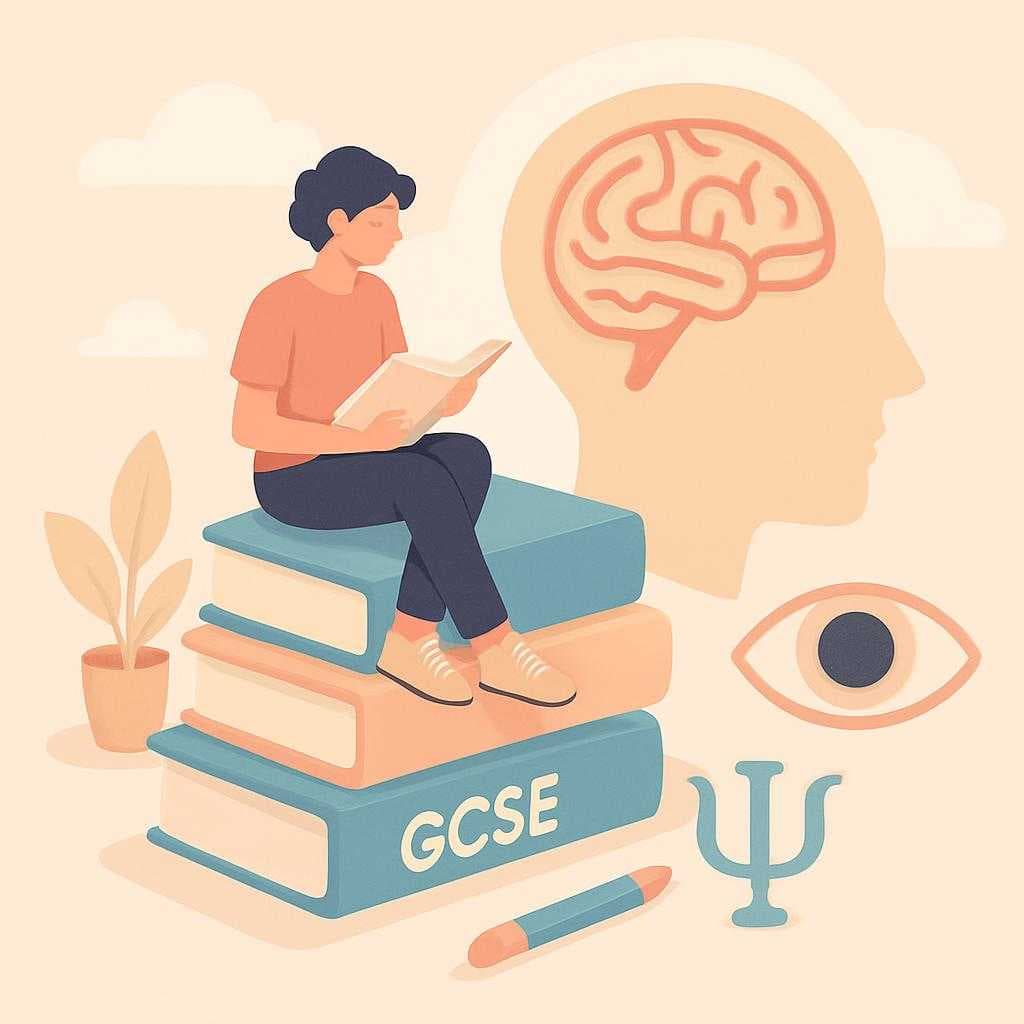The Psychology of Perception: A Unique Pathway to GCSE Success
Summary: Dive into the fascinating world of perception in GCSE Psychology. Discover how understanding perception can enhance your exam performance with insights from AQA, Edexcel, and OCR, and learn how to tackle exam questions with confidence.
Understanding perception is a crucial aspect of GCSE Psychology, offering a unique lens through which students can explore human behavior and cognition. For students tackling this subject with the AQA, Edexcel, and OCR exam boards, a firm grasp of perception can not only enhance academic performance but also spark an enduring interest in psychology.
Why Perception Matters in GCSE Psychology
Perception is the process by which we interpret sensory information, shaping our understanding of the world. In the GCSE Psychology curriculum, perception covers topics such as visual illusions, depth cues, and the role of the brain in interpreting sensory data. Mastering these concepts is essential for students aiming to excel in their exams.
Key Perception Topics for AQA, Edexcel, and OCR
Each exam board—AQA, Edexcel, and OCR—emphasizes different aspects of perception within their specifications. Here’s a brief overview:
- AQA: Focuses on perceptual set theory, including factors affecting perception such as culture and emotions.
- Edexcel: Covers gestalt principles and visual constancies, emphasizing how our brains make sense of complex stimuli.
- OCR: Explores depth cues and visual illusions, offering insights into how we perceive motion and space.
Understanding these nuanced differences can help tailor your study strategy to the specific requirements of your exam board.
Tips for Mastering Perception
-
Engage with Visuals: Use diagrams and videos to visualize concepts like depth cues and illusions. This can make abstract ideas more tangible and easier to recall in exams.
-
Practice Exam Questions: Familiarize yourself with past papers from your exam board. Practicing questions on perception will boost your confidence and improve your ability to articulate your understanding.
-
Connect to Real-Life Examples: Relate perception theories to real-world scenarios. How do optical illusions trick our minds? Why do magicians exploit perceptual cues? These connections make learning more engaging and memorable.
-
Group Study Sessions: Discuss perception concepts with peers. Explaining ideas to others can reinforce your understanding and uncover areas that need further clarification.
Tackling Exam Questions with Confidence
To effectively answer exam questions on perception, ensure you understand the command words such as "describe," "explain," and "evaluate." Each requires a different approach:
- Describe: Provide detailed accounts of perception theories and examples.
- Explain: Clarify how and why certain perceptual phenomena occur.
- Evaluate: Critically assess the strengths and limitations of perception studies.
By integrating these strategies, students can deepen their understanding of perception, enhance their exam performance, and cultivate a lifelong interest in the captivating field of psychology.
